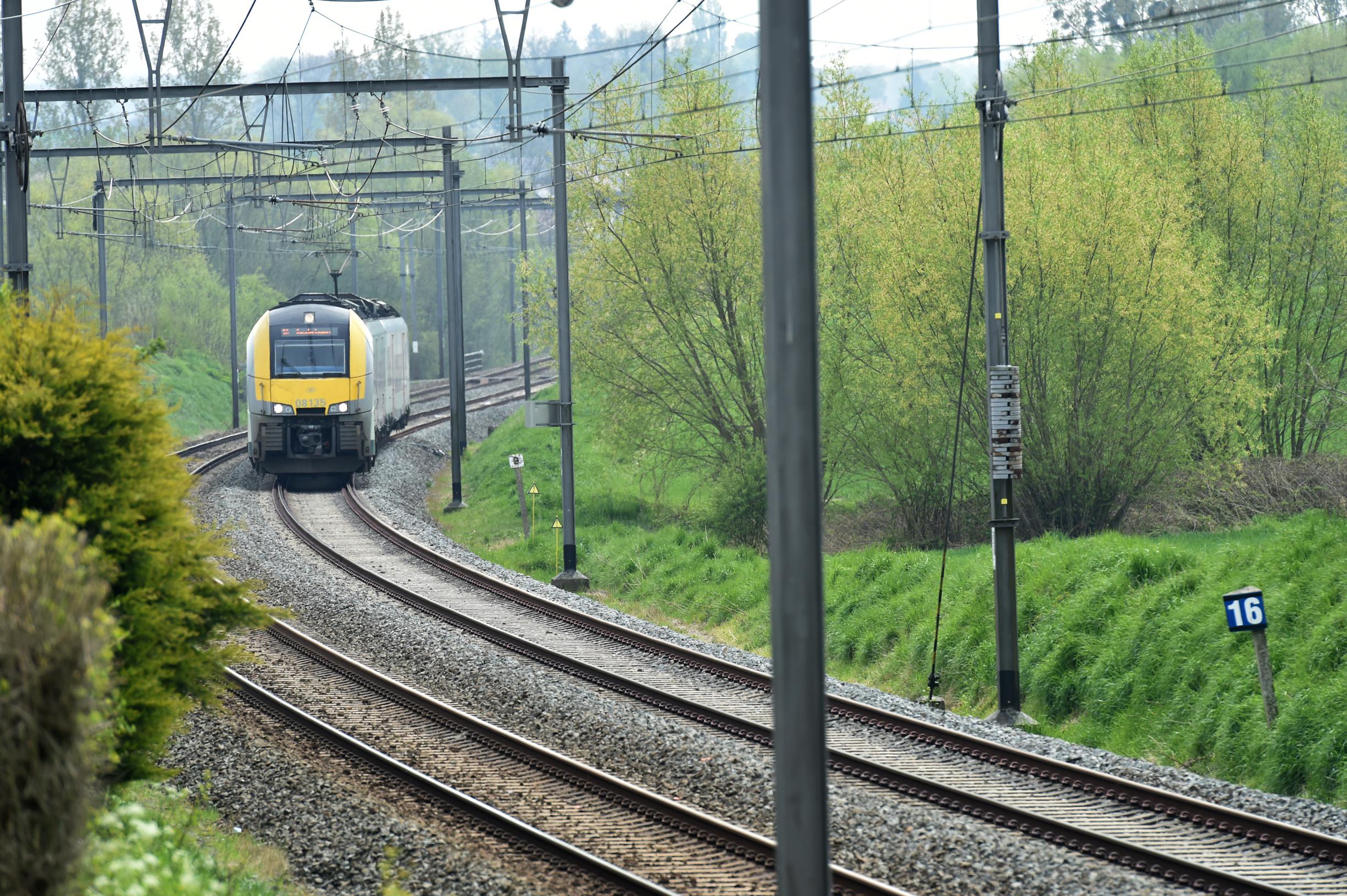The board of directors of the railway company NMBS has unanimously approved the draft texts of the business plan and the multi-year investment plan for 2023-2032 on Friday. The target is to increase the train offering by 10 percent over the next ten years and the number of travelers by 30 percent, the NMBS says in a press release.
–
‘These plans are the translation of an industrial, robust and integrated project for the next ten years’, according to the NMBS. The plan also talks about ‘improved customer experience’ and ‘an ambitious and realistic performance trajectory’. The debt would be reduced by one billion euros over the next ten years.
The draft plans were discussed for a year with the Minister of Mobility, Georges Gilkinet (Ecolo). They still have a political path to take, but the intention is that they will result in a new management agreement between the federal government and the NMBS before the end of the year. For the first time, it will be valid for ten years. Until now, that was four years. The previous management agreement has expired since 2012.
Infrabel
According to the NMBS, the plans have also been coordinated with rail network manager Infrabel. These agreements must ensure that capacity grows along with it and that further investments are made in stations.
The approval of the draft plans comes a week after the Council of Ministers approved Minister Gilkinet’s ‘Spoorvisie 2040’. It states, among other things, that by 2040 a train must run on the entire rail network every 30 minutes, and every 15 minutes around the major cities. There is also talk of ‘attractive and simple pricing’, which according to media reports means that the NMBS would be given the freedom to use different ticket prices during and outside peak hours.
‘This document is an essential tool that has been awaited for more than ten years, since the last management contract with SNCB dates back to 2008. Gradually, all the pieces of the puzzle are falling into place,’ Gilkinet reacts to the approved draft plans. ‘We are gradually entering the final phase of the process that should lead us to the approval of a new public service contract between SNCB and the Belgian state.’
–


